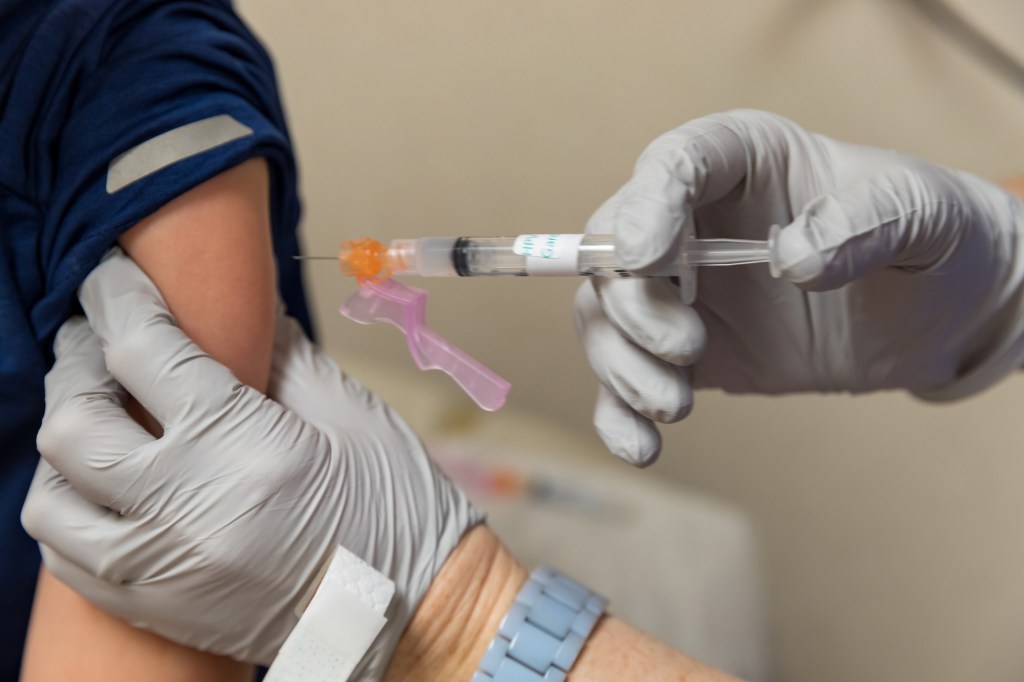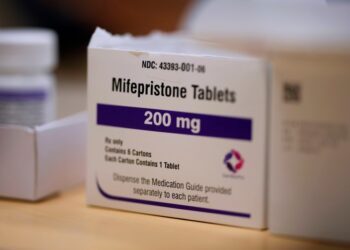Cases of measles are rising across the country and seem to be striking counties at random, but experts say there is one thing the public health system can do to turn the tide, and that’s to stem the post-pandemic vaccine lag and get parents to vaccinate their kids.
General vaccination rates, including measles vaccination, declined during the COVID-19 pandemic, as people had less access to health care and kids were unable to access in-school vaccine clinics.
That, combined with a new wave of vaccine skepticism and anti-vaccine sentiment, has contributed to a wave of unvaccinated kids falling sick with the once-eradicated virus.
“It sort of boggles the mind as a pediatrician,” said Jesse Hackell, chair of the Committee on Practice and Ambulatory Medicine at the American Academy of Pediatrics. “I never want to go back to practicing medicine like it’s the 1950s.”
Measles is highly transmissible, but the measles vaccine is highly effective — and thanks to vaccination efforts, the U.S. was able to officially eradicate the disease in 2000.
But that didn’t last.
Only 92% of U.S. adolescents have been vaccinated against measles, according to a 2023 Centers for Disease Control and Prevention report, and a 95% vaccination rate is considered enough to ward off future outbreaks or create herd immunity.
No one child can import a case of measles if everyone else in the school is vaccinated. But if 5%, 7% or 10% of students are not vaccinated, the disease can spread like wildfire, Hackell said.
“Unfortunately, we’re going to end up seeing some kids get very sick,” he said.
In the first months of 2024, the CDC reported a total of 35 cases in 15 jurisdictions, and that number is rising.
And states aren’t reacting the way they once did. Florida Surgeon General Joseph Ladapo encouraged unvaccinated children not to miss school during the latest Broward County outbreak.
Politicians and pediatricians have widely…
Read the full article here







